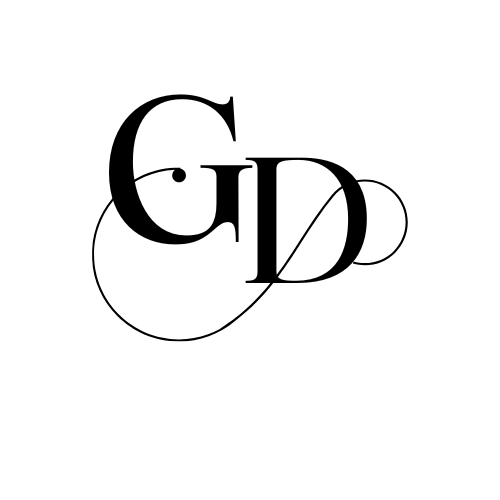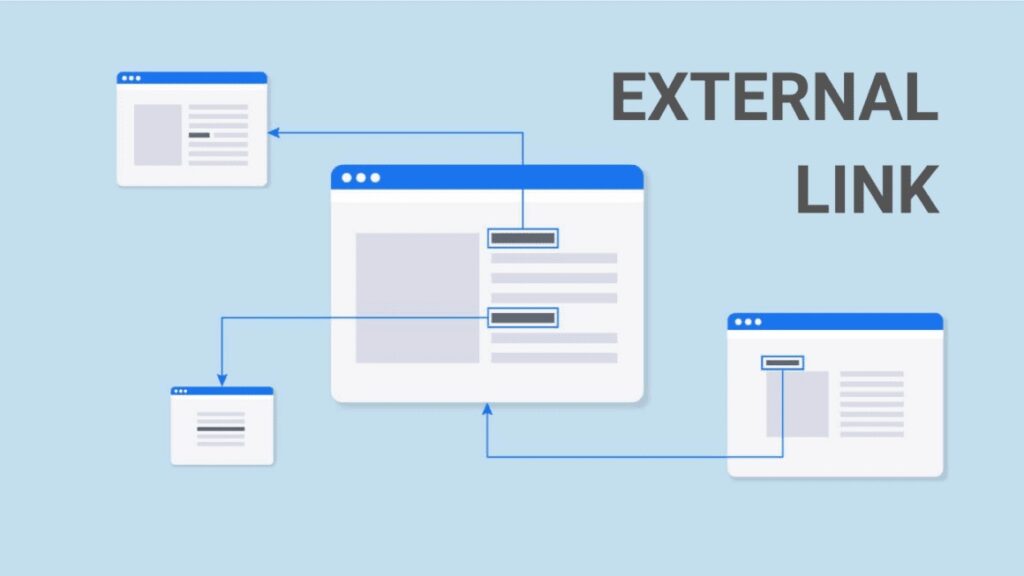
5 Powerful Ways External Link Help Your Website Grow
Table of Contents
1. What Are External Links?
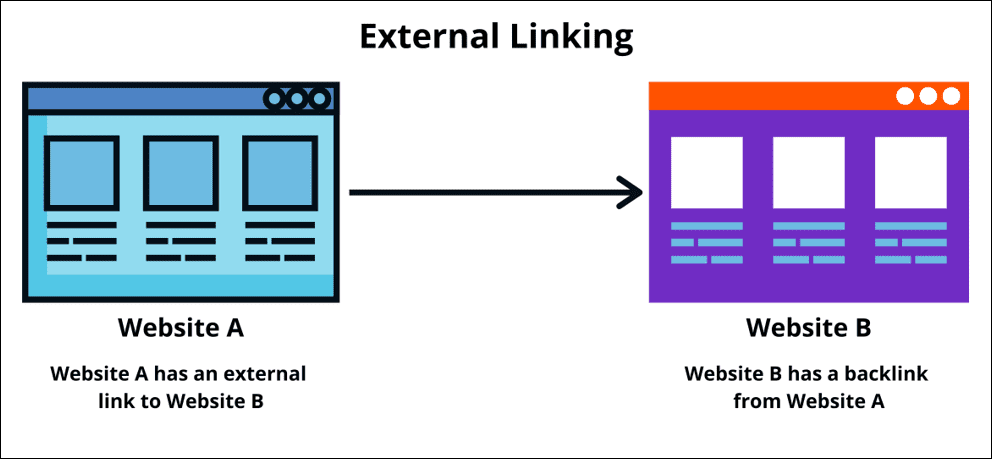
An External link is a hyperlink that connects your website to another website. Unlike internal links that point to pages within your site, External Links send users to different domains. For example, if you write a blog and link to a trusted news article, another relevant blog, or a website, that’s an External Link.
These links act as digital bridges, helping your readers find more valuable information while also signaling to search engines that your content is connected with authoritative sources. Using an External link properly shows that you’re not keeping information locked inside your site; instead, you’re approach helps build trust and supports your overall SEO strategy.
2. Why External Links Matter In SEO
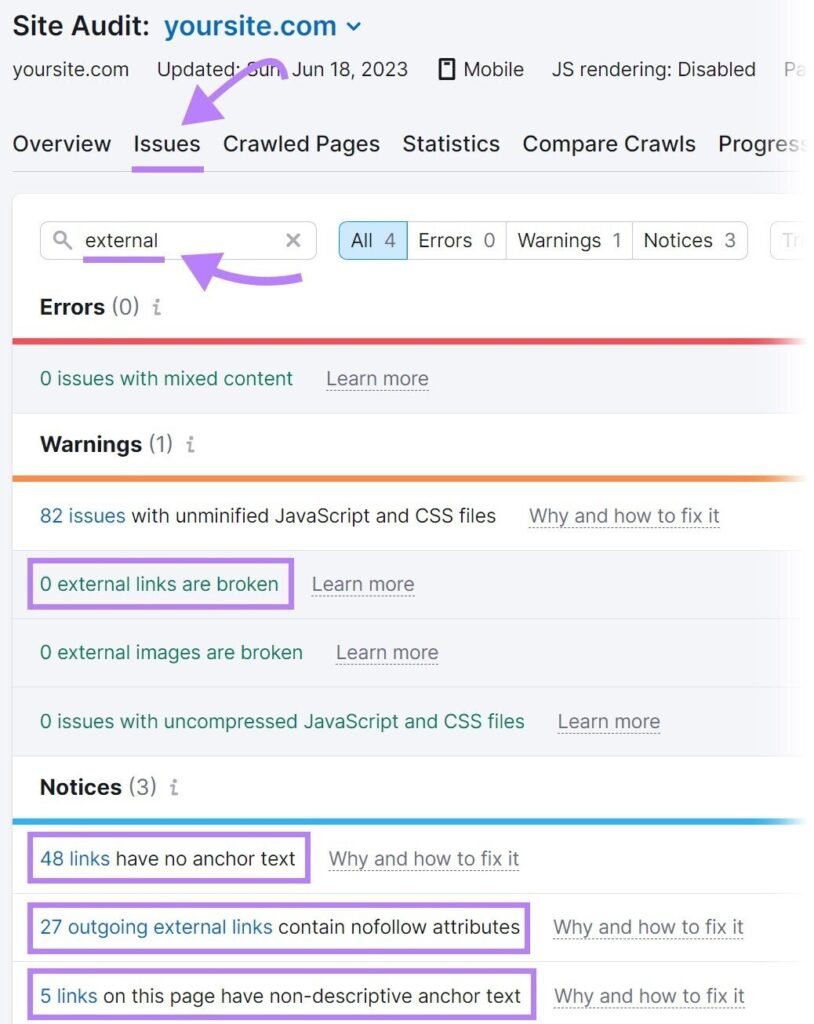
When it comes, External Links can play a powerful role in helping your website rank better. Search engines like Google pay attention to how many high-quality External Links your content includes. If you are linking to reputable, high-authority websites, search engines assume that your content is well-researched and trustworthy. Even External Link acts like a vote of confidence, not just for your content but also for the sites you link to.
This boosts your SEO credibility. Furthermore, a well-placed External Link can show your audience that you’re done your homework and are referencing reliable sources. It’s important to link out to educational sites, government pages, and industry leaders that support your topic. This builds a connection between your content and the wider web, helping you get noticed in search engines rankings.
3. How To Use External Links The Right Way
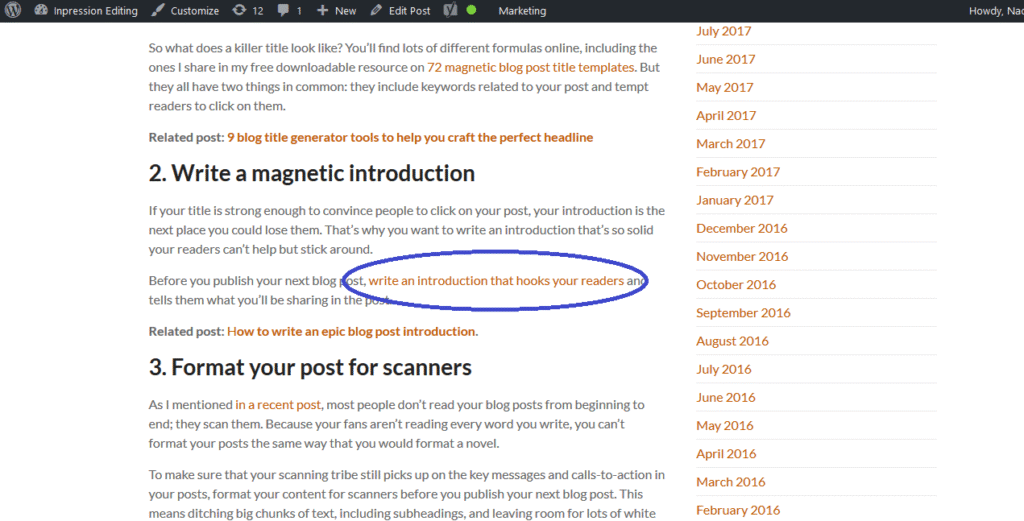
To make the most of every External Link, you need to use them wisely and naturally. Start by choosing sources that are trustworthy, relevant, and recent. For example, if you’re writing a blog post about digital marketing, linking to recent statistics from a top marketing website can add authority to your post. Place your External Link within the next section where it flows naturally and gives readers added value.
Avoid overloading your content with too many links, as this can confuse readers and reduce the impact of each one. Also, always set External Links to open in a new tab. This way, visitors don’t leave your site completely when they follow a link. A good External Link supports your content, is well connected. Make sure to also use clear anchor text, for example, instead of saying click here, you might say, read this marketing report.
4. External Links Improve User Experience and Keep Visitors Engaged
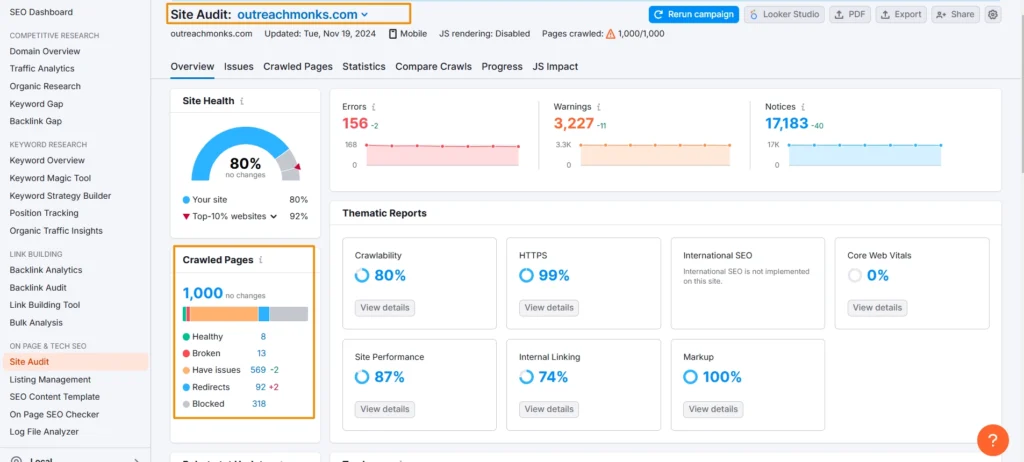
Another big reason why external links are important is that they help improve the experience of your website visitors. When someone visits your site, they often want helpful, complete information. But let’s be real — it’s not always possible to explain every small detail in one blog post. That’s where the right external link can be incredibly useful. You can guide your readers to learn more by linking to a well-written article, a research study, a helpful video, or even a government resource — all without overwhelming your own page with too much content.
For example, if you’re writing a guide on starting a small business in India, you can include an external link to the official government registration website. This gives your readers a quick path to take action and learn more, without leaving them confused or searching elsewhere. A good external link shows that you care about your reader’s journey, and you want them to succeed by giving them the right tools and resources. This builds trust and satisfaction, and it increases the chances that your visitors will stay longer on your site, return in the future, or even share your content with others.
Also, from an SEO perspective, user experience matters a lot. When people stay longer on your site and find value in your links, it sends positive signals to search engines. So adding external links not only helps your readers but also helps your overall site performance. Just make sure the link opens in a new tab, so your visitors don’t leave your site completely. This way, they can explore extra info and still come back to your content when they’re done.
5. External Links Build Relationships and Attract Backlinks
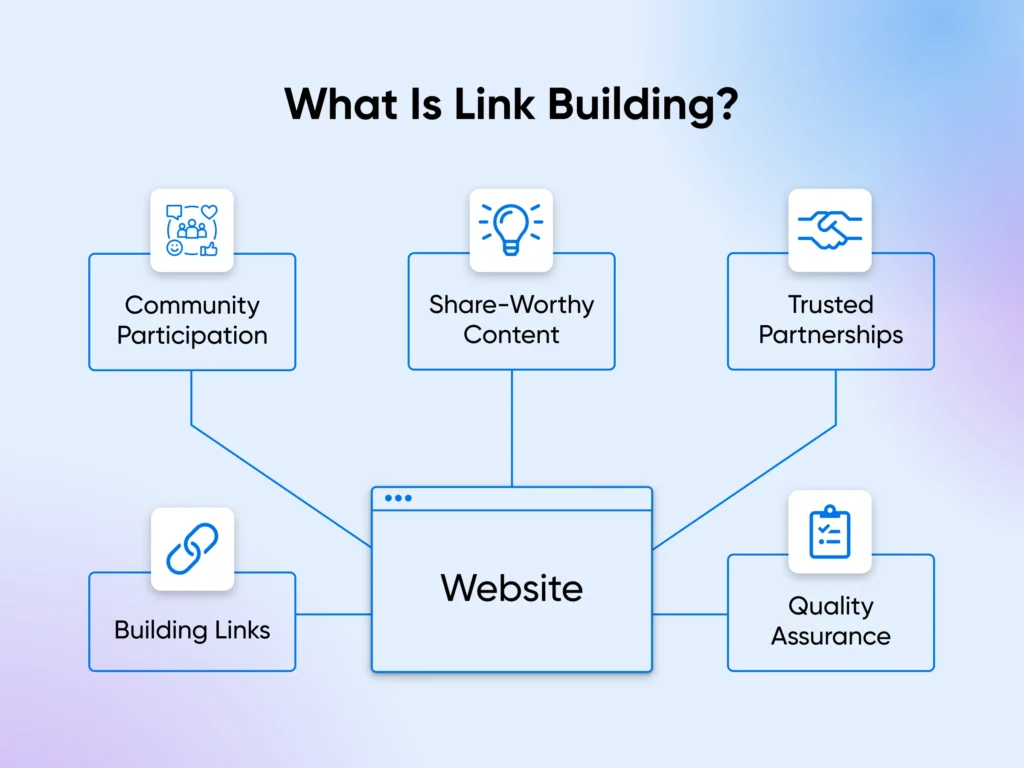
One of the most underrated benefits of using external links is how they help you build relationships and get backlinks in return. When you add an external link to someone else’s blog, website, or content, especially in your niche or industry, you’re starting a small connection with that person or brand. Most website owners track who is linking to them. So when they see your site mention their content, they may appreciate the shoutout and return the favor by sharing your article or even linking back to you.
This simple action can start real relationships in your industry, and those relationships can grow into long-term partnerships. You might get invited to write a guest post, take part in a podcast, or collaborate on a project. And here’s the best part — when someone links back to your website, it creates a backlink, which is one of the most powerful signals in SEO. The more quality backlinks your site has, the more search engines trust your content, and the higher your pages can rank in results. So, using external links the right way can directly lead to more visibility, traffic, and authority.
It’s also a sign that you’re not just promoting yourself, but also supporting the wider community in your field. That makes people more likely to support you, too. A good tip is to tag or message the person or site you linked to — something simple like, “Hi, I mentioned your article in my latest blog — thanks for the great content!” This little effort can open doors. So never underestimate the power of an external link — it’s more than a hyperlink; it’s a bridge to new opportunities and lasting growth.
6. Conclusion
Adding the right external link to your content is a smart and easy way to grow your website. It not only improves your SEO but also helps build trust, improve the reader experience, and connect you with other websites in your industry. Whether you’re linking to expert articles, official sources, or useful tools, a well-placed external link adds value for both your visitors and search engines. Just remember to choose quality over quantity, and always link to helpful and trusted websites. Over time, these small efforts can lead to more traffic, better rankings, and stronger online growth.
7. FAQs
1. What is an external link?
An external link is a hyperlink that takes users from your website to another website.
2. Are external links good for SEO?
Yes, external links help boost SEO by adding credibility and connecting your content to trusted sources.
3. How many external links should I use?
Use only a few relevant and high-quality external links — quality matters more than quantity.
4. Should external links open in a new tab?
Yes, it’s best to open external links in a new tab so users don’t leave your site completely.
5. Can external links bring traffic to my site?
Indirectly, yes. External linking can lead to backlinks, shares, and partnerships that bring new visitors.
